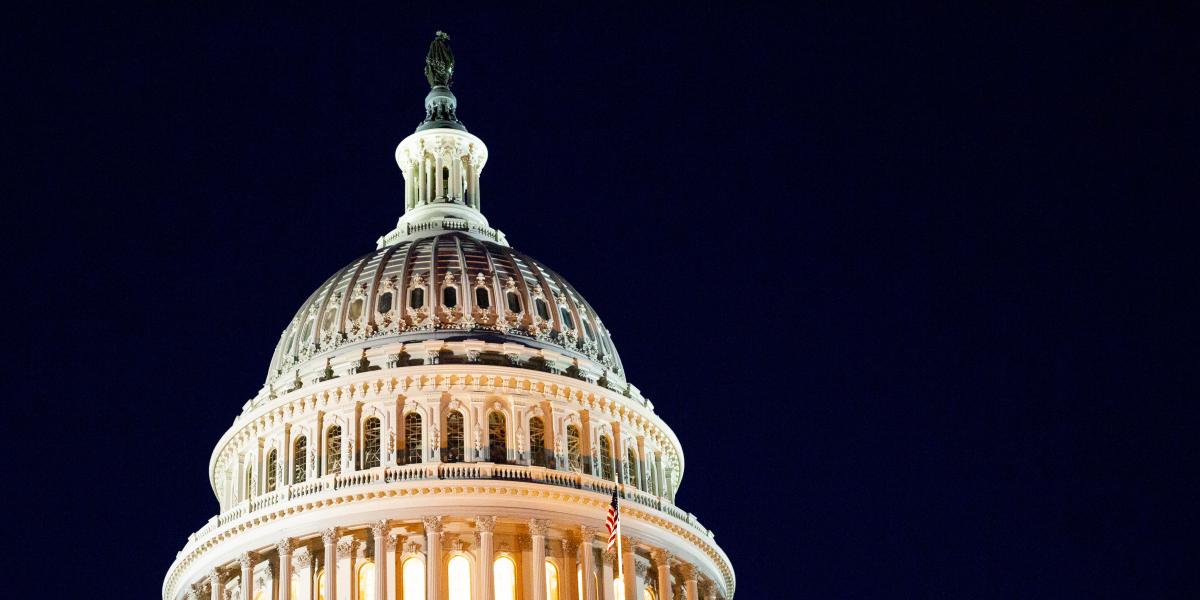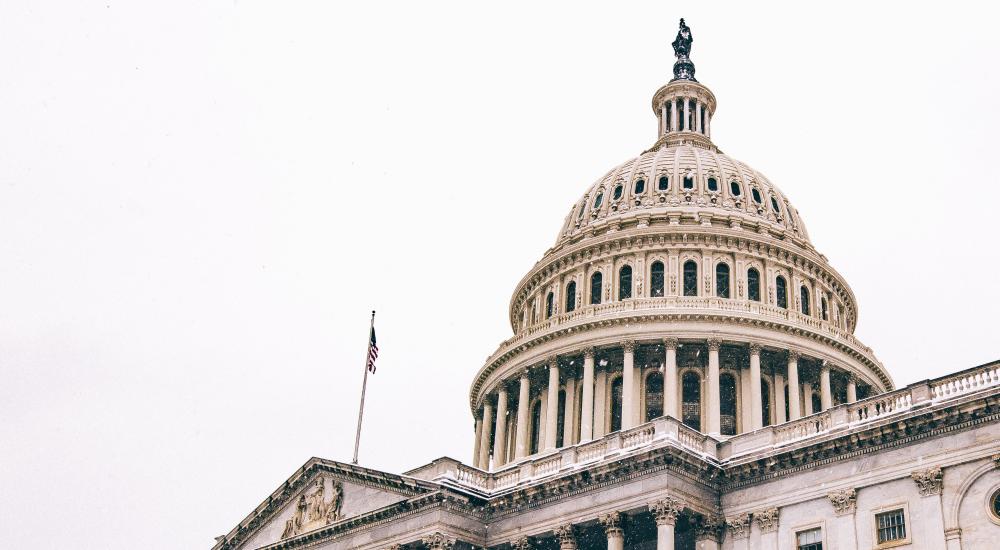Dispatch from Washington, D.C.: The Public Policy Landscape Affecting International Education

As the field of international education experiences an intense period of uncertainty and upheaval caused by the coronavirus (COVID-19) pandemic, the pace of change in the nation’s capital is no less frenetic. Executive orders from the White House that affect the field, including bans on immigration and global travel, as well as congressional relief packages to mitigate economic damage, evolve by the day, or even by the minute.
While NAFSA’s Regulatory Practice liaisons assess and communicate to the international education community about how these developments will affect the field from a practical standpoint, NAFSA’s Public Policy and Advocacy team is constantly evaluating how to influence and advance policies and legislation that will support and sustain the field during this critical time.
Acting Now to Prevent Long-Term Damage
Amid this rapidly shifting political landscape, NAFSA’s Public Policy team has developed a list of policy proposals for members of Congress that would serve to stabilize the field of international education in the short and long term.
- Direct emergency funding to education abroad, including increased funding for virtual exchange as well as support for study abroad offices to maintain capacity on campus and develop innovative new programs and models for a post-COVID-19 educational landscape.
- Exercise oversight of visa and immigration policies to ensure that international students and scholars are able to return to campus when in-person classes resume and mitigate the continued decline in international student enrollment.
- Give an additional $46.6 billion in aid for students and U.S. higher education institutions, with flexibility














